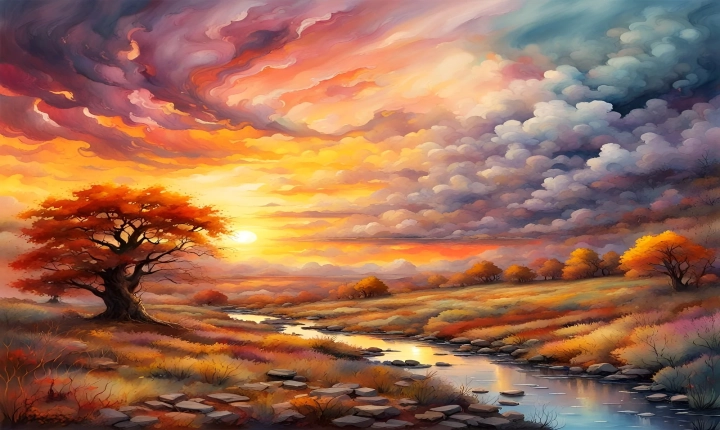Title: Can Generative AI Be Creative?
The concept of creativity has long been considered a uniquely human endeavor, often associated with innovation, imagination, and originality. However, as technology continues to advance, the question arises: can generative AI truly be creative?
Generative AI refers to the use of algorithms and machine learning techniques to produce new and unique content, such as images, music, and text. By analyzing large datasets and patterns, generative AI can generate content that appears to be creative and original.
One of the key arguments in favor of generative AI’s creativity is its ability to produce content that was not explicitly programmed into it. Instead, the AI learns from patterns and generates new content based on its understanding of the data it was trained on. This ability to create something novel and unexpected aligns with the traditional definition of creativity.
Furthermore, generative AI has demonstrated an impressive capacity to produce content that human creators find compelling and aesthetic. From generating art to composing music, generative AI has proven itself capable of producing content that can evoke emotional responses and inspire awe.
However, detractors argue that generative AI’s creativity is merely a mimicry of human creativity, lacking the depth, intention, and emotional connection that are often associated with human artistic expression. They contend that the AI’s ability to generate content is based on statistical probabilities and learned patterns, rather than genuine creative thought.
Another point of contention is the question of intent. Can generative AI truly be considered creative when it lacks consciousness, agency, and the ability to make choices? Creativity is often associated with the conscious act of making a decision, a concept that generative AI currently cannot embody.
Despite the ongoing debate, the impact of generative AI on creative industries cannot be overlooked. It has enabled artists, musicians, and writers to explore new possibilities and push the boundaries of their respective fields. Whether the AI’s output can be considered truly creative is perhaps a less important question than the transformative effect it has had on the creative process itself.
In conclusion, the question of whether generative AI can be creative is complex and multifaceted. While it may not fit neatly into traditional definitions of creativity, it undeniably has the ability to produce content that inspires, surprises, and challenges our perceptions of art and innovation. As technology continues to evolve, the boundaries of creativity are likely to be further blurred, and the role of generative AI in shaping the future of creative expression will only become more significant.
